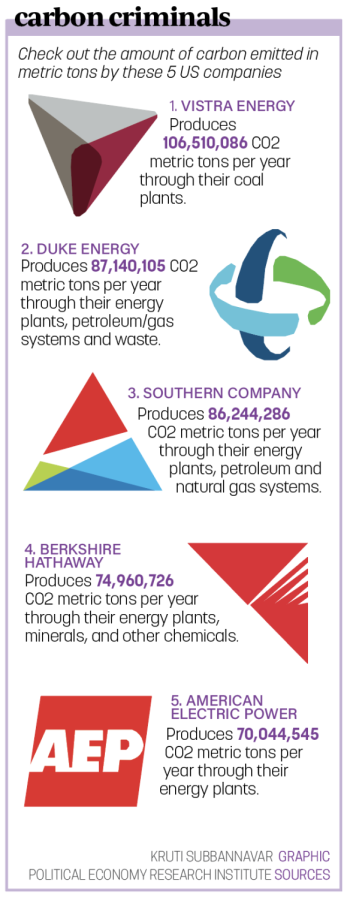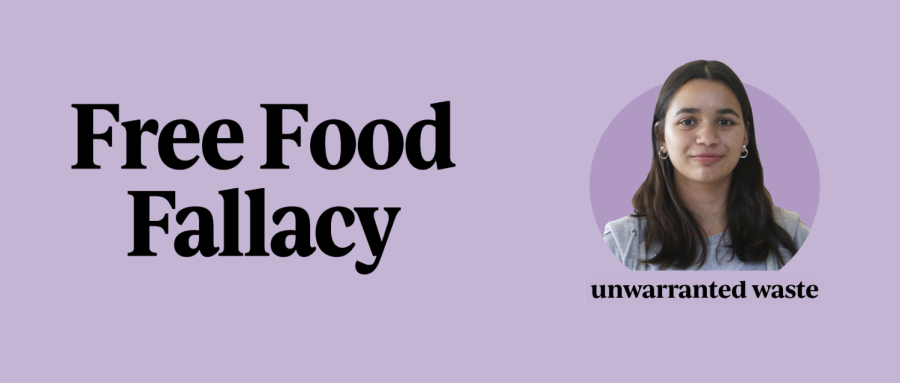Hunting has become a hot topic recently on social media and the news. Some believe it is the largest issue within environmental discussions, while others see hunting as a harmless hobby. However, this subject is incredibly complex and can’t be reduced down to a scary headline you may have encountered in recent weeks. It is important to define different aspects of hunting, especially when discussing legislation around it.
Several problems surround individuals hunting. First, there is the obvious concern around poaching and trophy hunting. Poaching is typically defined as the illegal hunting or capturing of wild animals, and trophy hunting is hunting those animals for souvenirs. Though there are restrictions on trophy hunting, it is still legal in the United States and a booming industry. The nature of trophy hunting means hunters tend to seek more exotic animals. According to the Humane Society, bears, bobcats and mountain lions are some of the most common targets of trophy hunting. Hunting endangered species is incredibly harmful and can cause various rare animals to become endangered or extinct.
Additionally, specific habitat degradation and animal extinction can be traced to hunting. One of the most popular examples of this was the extinction of passenger pigeons, who were used extensively for communication in both world wars. NPR traced the complete extinction of this once-populous species to human over-hunting and over-exploitation. The extinction of certain species can have cascading effects on the entire ecosystem, and drastic measures should be taken to avoid these effects. Removal of some species within an ecosystem can create less competition for resources, which can increase the population of other species, leading to a trophic cascade. This is extremely dangerous behavior to encourage.
However, individuals are not exclusively to blame here. Hunting is not flat out bad for the environment. Small-scale hunting, such as the hunting conducted by many indigenous tribes, remains an integral piece of their identities, a main source of food and can even be essential to habitat sustainability. Additionally, according to NC State University, the most popular animal to hunt is deer, which are overabundant in most areas. Too many deer can increase vehicle collisions along with a host of other issues. Therefore, individual hunting of overpopulated species does not fall under the umbrella of harmful hunting.
Environmental activists often target the wrong communities by overall condemning hunting. When writing legislation for hunting, lawmakers must look to the intentions behind it and the real impact of specific types of hunting. In some cases, such as trophy hunting or companies who contribute to animal exploitation, stricter legislation is needed to avoid adverse effects on the environment. In other cases, such as indigenous tribes hunting or the hunting of overpopulated species, more freedom should be allowed regarding hunting. As with anything in the environmental movement, it is a more complex issue than it might appear at first glance.


































![British royalty are American celebrities [opinion]](https://hilite.org/wp-content/uploads/2024/03/Screenshot-2024-03-24-1.44.57-PM.png)


















![Review: “Suits” is a perfect blend of legal drama and humor [MUSE]](https://hilite.org/wp-content/uploads/2024/04/unnamed-1.png)
![Chelsea Meng on her instagram-run bracelet shop [Biz Buzz]](https://hilite.org/wp-content/uploads/2024/04/IMG_2446-1200x838.jpg)
![Review: Quiet on Set: The Dark Side of Kids TV is the long awaited exposé of pedophilia within the children’s entertainment industry [MUSE]](https://hilite.org/wp-content/uploads/2024/04/unnamed.jpg)
![Review: “The Iron Claw” cannot get enough praise [MUSE]](https://hilite.org/wp-content/uploads/2024/04/unnamed.png)
![Review: “The Bear” sets an unbelievably high bar for future comedy shows [MUSE]](https://hilite.org/wp-content/uploads/2024/03/unnamed.png)
![Review in Print: Maripaz Villar brings a delightfully unique style to the world of WEBTOON [MUSE]](https://hilite.org/wp-content/uploads/2023/12/maripazcover-1200x960.jpg)
![Review: “The Sword of Kaigen” is a masterpiece [MUSE]](https://hilite.org/wp-content/uploads/2023/11/Screenshot-2023-11-26-201051.png)
![Review: Gateron Oil Kings, great linear switches, okay price [MUSE]](https://hilite.org/wp-content/uploads/2023/11/Screenshot-2023-11-26-200553.png)
![Review: “A Haunting in Venice” is a significant improvement from other Agatha Christie adaptations [MUSE]](https://hilite.org/wp-content/uploads/2023/11/e7ee2938a6d422669771bce6d8088521.jpg)
![Review: A Thanksgiving story from elementary school, still just as interesting [MUSE]](https://hilite.org/wp-content/uploads/2023/11/Screenshot-2023-11-26-195514-987x1200.png)
![Review: When I Fly Towards You, cute, uplifting youth drama [MUSE]](https://hilite.org/wp-content/uploads/2023/09/When-I-Fly-Towards-You-Chinese-drama.png)
![Postcards from Muse: Hawaii Travel Diary [MUSE]](https://hilite.org/wp-content/uploads/2023/09/My-project-1-1200x1200.jpg)
![Review: Ladybug & Cat Noir: The Movie, departure from original show [MUSE]](https://hilite.org/wp-content/uploads/2023/09/Ladybug__Cat_Noir_-_The_Movie_poster.jpg)
![Review in Print: Hidden Love is the cute, uplifting drama everyone needs [MUSE]](https://hilite.org/wp-content/uploads/2023/09/hiddenlovecover-e1693597208225-1030x1200.png)
![Review in Print: Heartstopper is the heartwarming queer romance we all need [MUSE]](https://hilite.org/wp-content/uploads/2023/08/museheartstoppercover-1200x654.png)






















![Review: Ladybug & Cat Noir: The Movie, departure from original show [MUSE]](https://hilite.org/wp-content/uploads/2023/09/Ladybug__Cat_Noir_-_The_Movie_poster-221x300.jpg)

![Review: Next in Fashion season two survives changes, becomes a valuable pop culture artifact [MUSE]](https://hilite.org/wp-content/uploads/2023/03/Screen-Shot-2023-03-09-at-11.05.05-AM-300x214.png)
![Review: Is The Stormlight Archive worth it? [MUSE]](https://hilite.org/wp-content/uploads/2023/10/unnamed-1-184x300.png)





